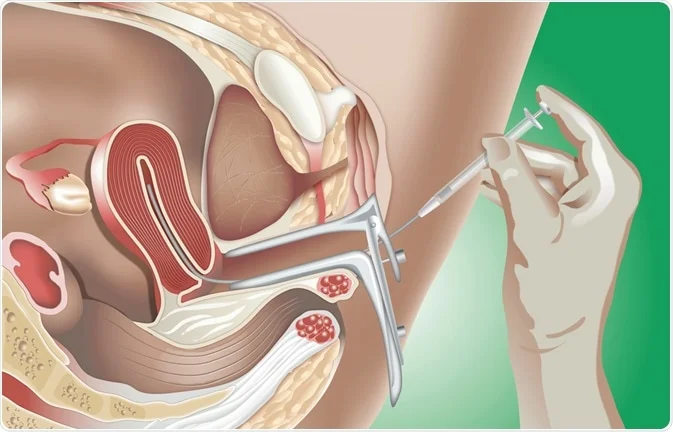When we talk about the menstrual cycle, many people think it’s just about having a period. However, it’s actually a complex process that can tell you a lot about your fertility. If you’re having difficulty conceiving, understanding your menstrual cycle can provide valuable information for your healthcare provider to create a proper diagnosis and treatment plan.
Understanding Your Menstrual Cycle
The menstrual cycle encompasses a series of physiological changes a woman’s body undergoes monthly, involving the release of an egg from the ovary and the preparation of the uterus for possible pregnancy. This cycle is typically split into two main phases: the follicular phase and the luteal phase.
The Follicular Phase
Day one of your menstruation marks the start of the follicular phase. During this time, the brain produces follicle-stimulating hormone (FSH), which prompts the growth of a dominant follicle containing an egg. As this follicle matures, it releases estrogen, which helps thicken the uterine lining. The follicular phase wraps up with ovulation, usually lasting about 14 days, although it can vary.
The Luteal Phase
Following ovulation, the luteal phase begins and lasts until your period starts again. The ovary releases progesterone, which further prepares the uterine lining for a potential embryo. If conception doesn’t occur, progesterone levels drop, leading to menstruation. This phase also averages around 14 days.
Does Cycle Length Matter?
The length of your menstrual cycle—calculated from the first day of bleeding to the start of your next period—can signal hormonal imbalances and ovulation regularity. If ovulation is absent, conception becomes impossible.
- Normal Cycles: A typical cycle ranges from 21 to 35 days, suggesting regular ovulation and balanced hormones, making natural conception feasible.
- Short Cycles: Cycles shorter than 21 days may indicate a reduced egg reserve or an approach towards menopause, complicating conception.
- Long or Irregular Cycles: Cycles exceeding 35 days can signal anovulation, where ovulation doesn’t occur regularly. Conditions like thyroid irregularities, elevated prolactin, or polycystic ovary syndrome (PCOS) can cause this and may increase miscarriage risk.
What If Your Bleeding Lasts More Than 7 Days?
Typically, menstrual bleeding lasts between 2 to 7 days. Anything beyond this is considered prolonged bleeding, which may suggest irregular ovulation or issues with the uterine lining. This could be caused by polyps, fibroids, or infections, potentially affecting implantation and increasing miscarriage risk.
What If You Don’t Menstruate?
If you never menstruate, ovulation likely isn’t happening, making conception challenging without medical assistance. This is often seen in women with low body mass index (BMI), as sufficient body fat is necessary for regular cycles. However, if menstrual cycles cease suddenly, it could indicate underlying issues such as uterine abnormalities or premature menopause.
Can You Still Conceive with an Abnormal Cycle?
Absolutely! Even with an irregular cycle, conception is possible, though it may be more difficult. Understanding your fertile window becomes tricky. In some cases, scarring in the uterus or premature menopause may hinder conception. Nevertheless, fertility treatments could assist in achieving pregnancy. For more information on overcoming challenges, check out this blog post.
When Should You Seek Help?
If you suspect issues with ovulation or experience abnormal periods, consider consulting a fertility specialist when you’re ready to conceive. Often, medications like Clomid can help restore normal ovulation. If you’re under 35 and haven’t conceived after a year of trying, or if you’re over 35 and have been trying for six months, seeking help is advisable.
For more information about fertility and your menstrual cycle, or to learn about options like at-home insemination kits, visit BabyMaker. Also, check out WomensHealth.gov for excellent resources regarding pregnancy and home insemination.
Summary
Your menstrual cycle offers crucial insights into your fertility status. Understanding its phases, length, and any irregularities can guide you and your healthcare provider in addressing potential fertility challenges. Whether your cycles are regular or not, there are options available to help you conceive.

